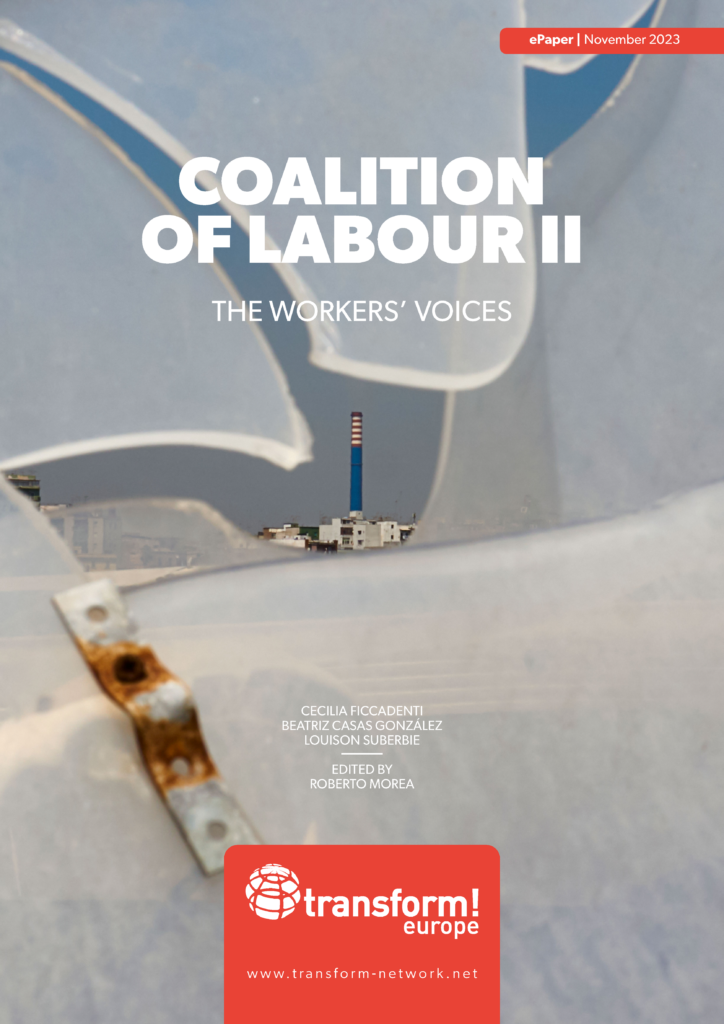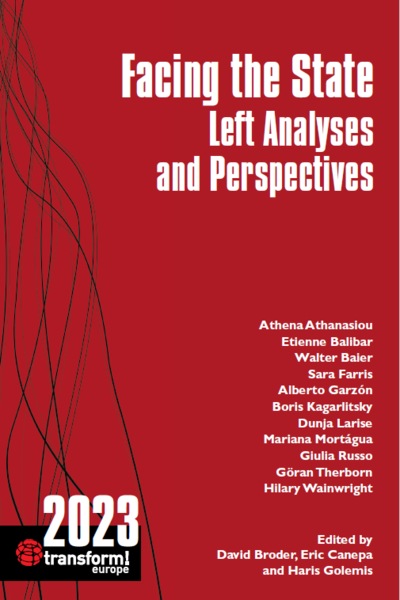
european network for alternative thinking and political dialogue
The Party of the European Left, Bloco de Esquerda & transform! organise the 4th edition of...
¡No Pasaran! Defeating the Far Right, Building the Alternative
17 April 2024
Online-Event Part III in Preparation of ESCA (European Common Space for Alternatives) Marseille, 26-28 April 2024
Which Role can Digital Technology play in Our Struggle for Democratically Planned Economies – Trojan Horse or Saviour?
13 April 2024
9 April 2024
The left's need for utopias and utopian thinking











